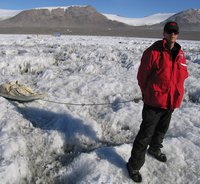
The extreme cold and dry environment of the McMurdo Dry Valleys have made it one of the better analogs on Earth for Martian environments, present and past, and the thick ice ice-covered lakes have been used as analogs for aquatic environments on icy worlds. In fact, some of the earliest field research performed in the dry valleys was a direct result of the Mariner 4 space probe which orbited Mars in July 1965. Images returned from this mission for the first time showed Mars to be a cratered, cold and dry planet. The revelations from Mariner 4 drove Norm Harowitz from the Jet Propulsion Laboratory to be perhaps the first to consider the dry valley soils as suitable models for what the surface of Mars may be like.
Robert Falcon Scott was the first to explore this region in 1903 and pronounced it lifeless. He was only there for a brief time and so can’t be blamed for his quick judgment. Modern science has shown how the dry valleys actually offer a habitat for some hearty organisms. Much of the knowledge build up about this ecosystem has come from both NSF and NASA-funded science. The NSF established a Long Term Ecological Research site here in 1992 and numerous NASA astrobiology projects have advanced science in the Dry valleys before and since. This talk will look back at some seminal work carried out under the auspices of the NASA Exobiology Program and summarize results of some recent astrobiological research in the dry valleys, focusing on the perennial ice-covered, closed-basin lakes.
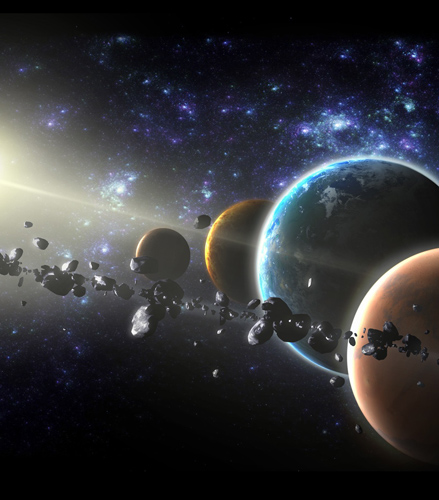 A Talk With Jim Green
A Talk With Jim Green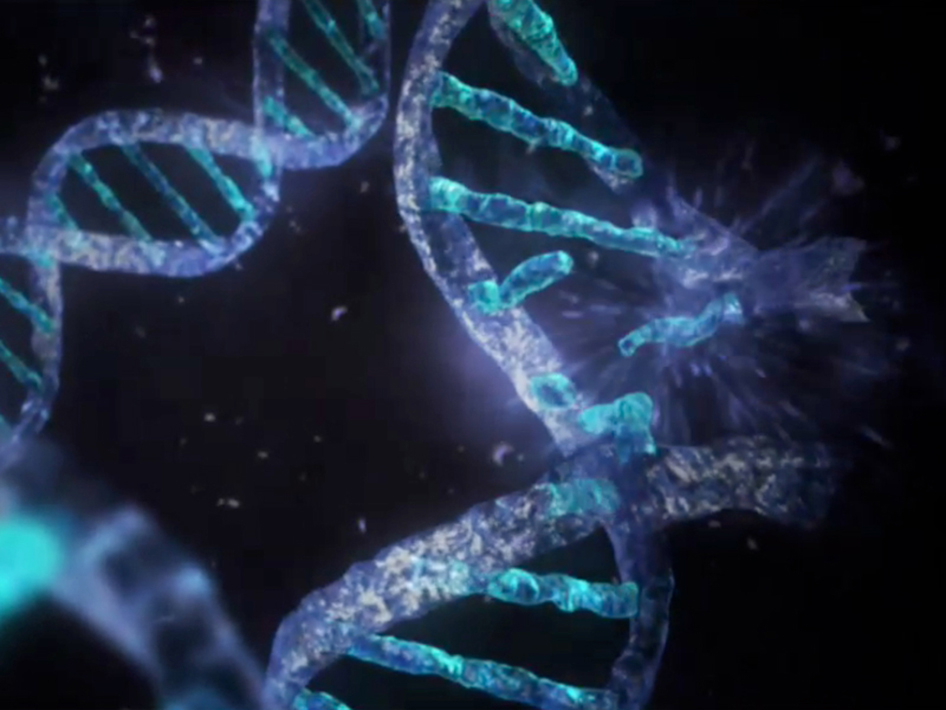 What Can Extant Genomes Reveal About Early DNA Metabolism?
What Can Extant Genomes Reveal About Early DNA Metabolism?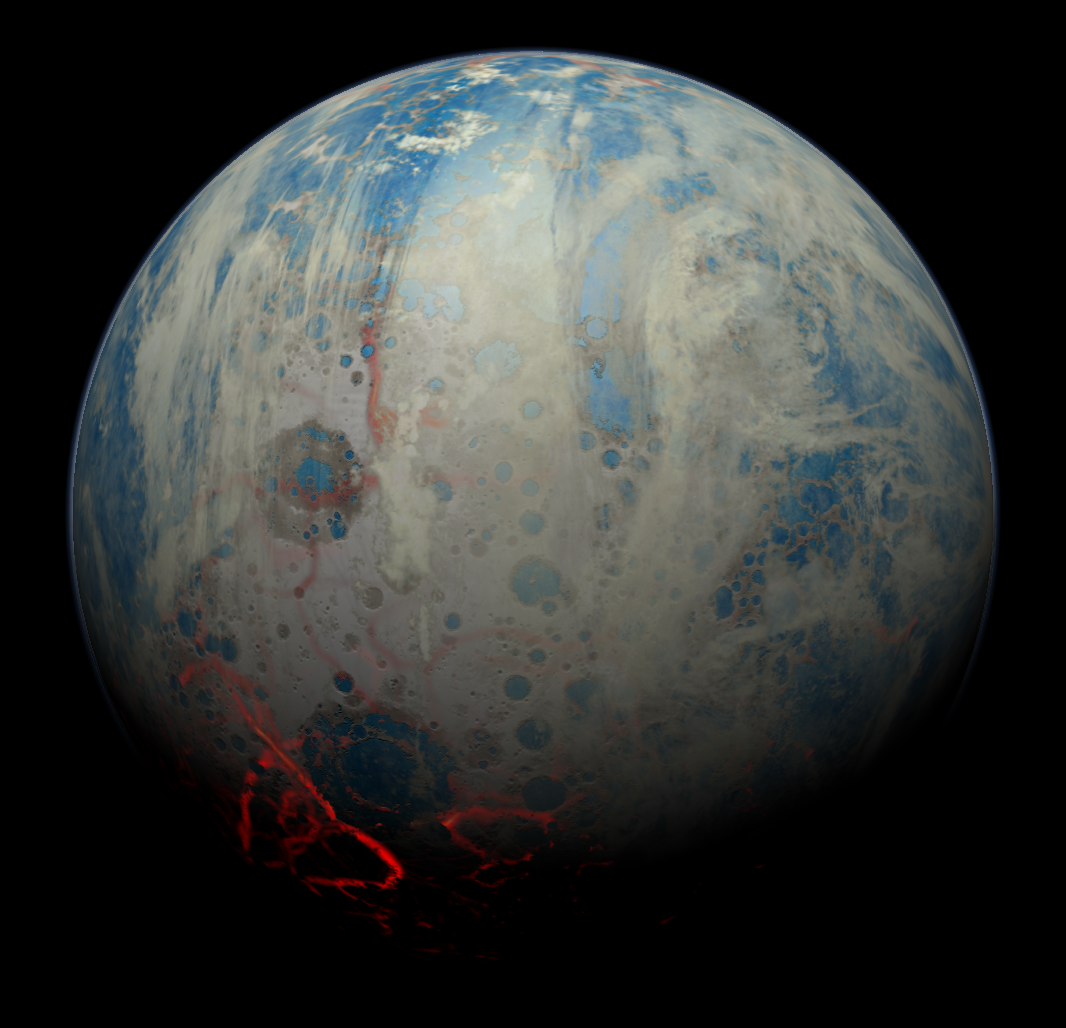 What We Talk About When We Talk About Earth's Oxygenation
What We Talk About When We Talk About Earth's Oxygenation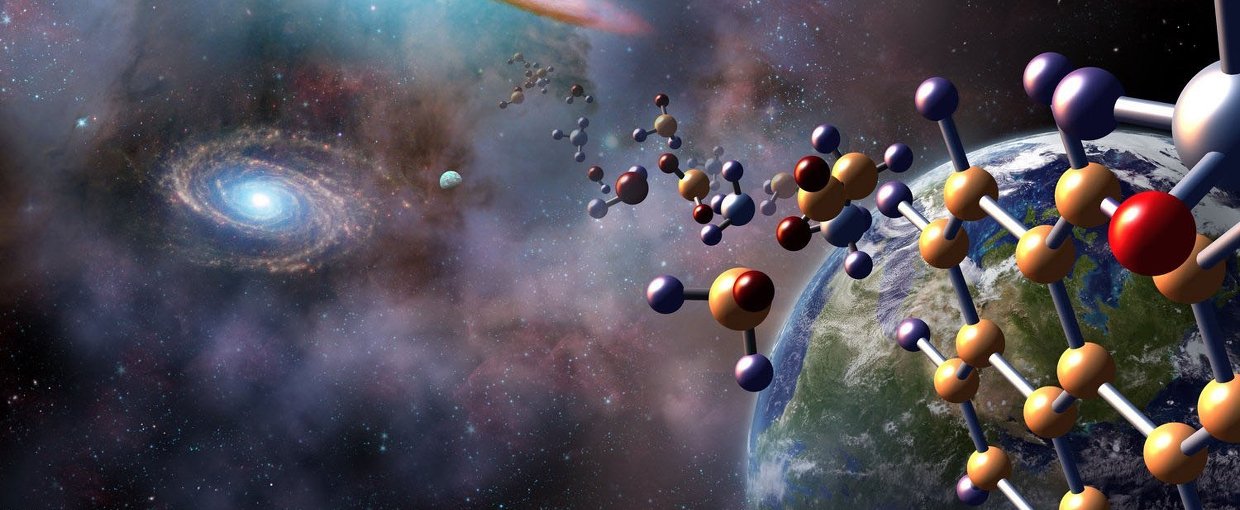 Bowling With Astrobiologists: A Twisted Path Toward the Origin of DNA
Bowling With Astrobiologists: A Twisted Path Toward the Origin of DNA